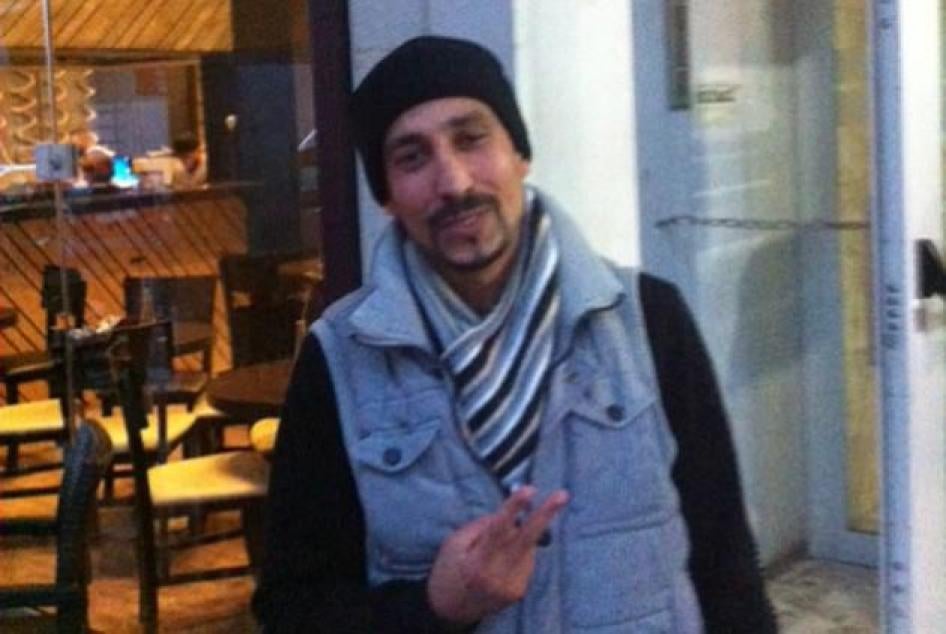Four years ago, Walid Taleb’s boss fastened a long chain around his neck, dragged him around “like a dog” and beat him severely. Why? Because Walid, an undocumented Egyptian migrant who was working informally in a bakery on the island of Salamina at the time, had asked his employer for wages owed to him.
Walid has finally seen justice done. Last week, four years after his ordeal, the Court of Appeal of Piraeus upheld a judgment convicting Walid’s former boss, and two of his friends who also took part, of abduction, inflicting grievous bodily harm with intent, and robbery. The group was sentenced to between nine and 13 years in prison. The son of Walid’s former boss, who was just 19 at the time of the attack, was given a five year suspended sentence after the court upheld the mitigating circumstance of his youth.
This victory was possible in large part because Walid, as a suspected victim of a hate crime, was given a humanitarian visa to stay in Greece in order to see his torturers brought to justice. The 2012 attack against him took place at a time when racially-motivated mob violence against migrants and asylum seekers was alarmingly common, particularly in downtown Athens. Many of those attacks went unreported, because undocumented migrants feared reprisals by the police. Walid himself was detained by the police after he sought treatment in the hospital. “I thought I would die,” he said. “The problem wasn’t that I didn’t have papers; the problem was that I had been beaten.”
The Greek government introduced humanitarian visas like the one granted to Walid, as well as other important measures to tackle hate crimes, in response to concerted efforts by Human Rights Watch and other non-governmental groups like the Racist Violence Recording Network to tackle hate crimes in the country.
At the time of Walid’s attack, few could have predicted that Greece would soon face a fresh and unprecedented arrival of migrants and refugees.
And with anti-refugee rhetoric and sentiment growing in the country today, especially on the Greek islands home to so-called refugee “hotspots,” Walid’s courtroom victory is a strong reminder that those who turn to violence need to be brought to justice.










